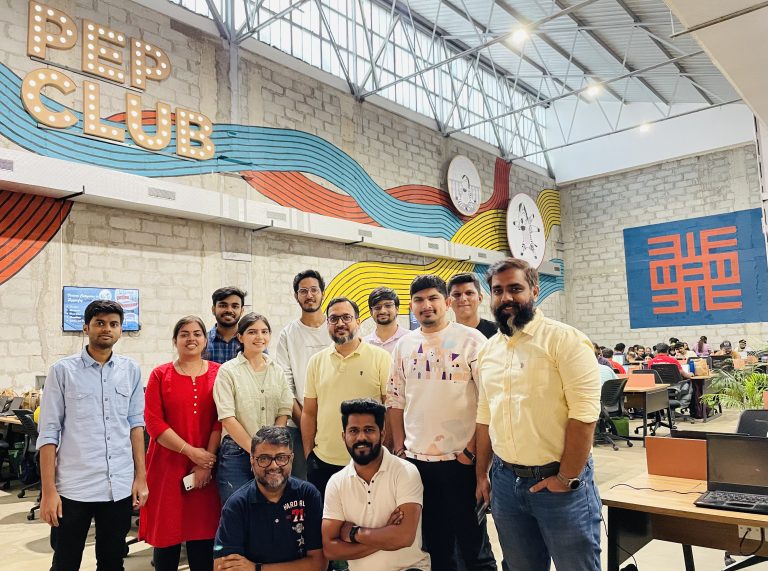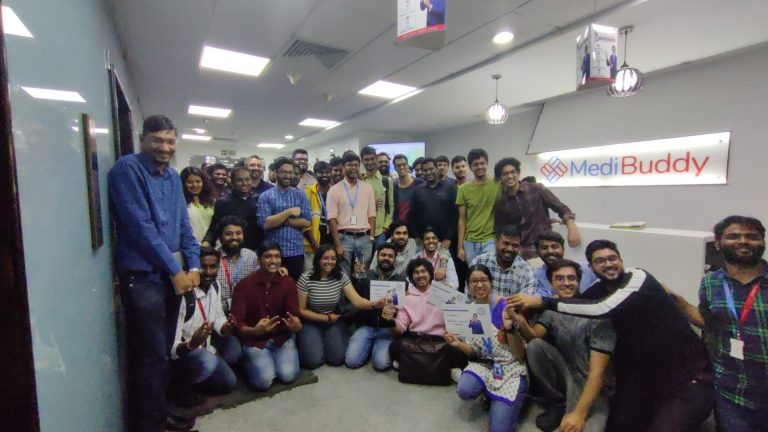A few days ago, a video posted by comedian Vishal Kal went viral. In the video, Kal acted out a scenario where an Indian-origin techie got laid off while working in the US and was replaced by an Indian working from India. Everyone took the satire seriously, with many covering it with the title – “They’re taking our jobs.”
Well it turns out that though the video was a satire, there is some truth to what the comedian had pointed out. In a recent discussion, a user on Reddit pointed out that a lot of US citizens are hesitant to get into the field of computer science as companies outsource a lot of their work to India, taking advantage of workers who are ready to work for lower wages.
Adding to all of this is the rise of AI. “The field is doomed due to the rise of AI and outsourcing to India, making groups with 100 software developers into 3 with one managing a team in India, and the other two polishing the code to be used,” explained the user.
AGI is Just A Guy in India
The explanation is simple – salaries required to survive in the US are higher than those required in India. Therefore, Indian coders that stay in India are cheaper to hire than those in the US. Adding to that is the fact that it has become easier to replace low-level software developers with the help of one person who knows how to use AI.
Outsourcing is not new, though. For example, when it comes to data labelling and keeping AI models running, companies such as OpenAI, Amazon, and Meta have all been using cheaper labour in countries such as India and Kenya, earning less than $2 an hour. But that is a story for another time.
The sentiment that Indians have been stealing jobs from Americans has been longstanding. Now, the issue is that Indians who run away abroad for better prospects are also realising that they are too expensive to be hired by employers. There’s a highly likely chance that a developer with the same skill set, or better, is available for a lesser salary in India.
Now, with coding becoming available in natural languages, including Hindi and other Indian languages, the situation is probably going to get worse for coders in the US.
On the other hand, it has been observed that several of the graduates from Indian institutes are barely employable as they lack basic skills in coding. Meanwhile, there are jobs for 10 times the available developers, specifically for those who are able to handle multiple roles with the help of AI. “We’d rather hire one software engineer who knows how to use AI than five who don’t, even if it’s the same cost,” recalled Allie K Miller recently.
On the Reddit post, another user replied that there is still time to upskill yourself and graduate with higher grades. “Many of the issues you bring up were issues 2 decades ago, and US tech workers did just fine,” they added.
Then Why Go to the US?
This is the moment to bring up another recent conversation about how India might soon run out of skilled software engineers as most of them don’t stay in the country due to the education system not upskilling them the way it needs to be.
Moreover, there is a common sentiment that Indians abroad do not support each other within the same organisation, instead choosing to compete with each other.
If Indians are easily employed if they stay within the country, what is even the point of going abroad? All one needs to do is upskill themselves and apply for remote jobs, which, quite honestly, is a reasonable thing to do. As for the Indians going to the US for jobs, it might be time to come back and start building for the country.
While universities abroad offer more hands-on education when compared to Indian ones, they are also expensive. This, in the end, forces graduates from those universities to demand a higher salary. Thus, they often seem overvalued by many employers.
Meanwhile, Indian techies are also not behind when it comes to demanding higher salaries. The skyrocketing salaries at Silicon Valley startups such as OpenAI and Anthropic, coupled with the confidence of having ‘upskilled’ in GenAI, are pushing Indian software engineers to expect exorbitant salaries.
Eventually, the market will reset. Indians demanding higher salaries will become unattractive to companies in the US, and they may end up employing ones within the country. It’s all part of course correction, leading Indians to start working within the country for Indian companies.
As for the US, it might miss out on Indian tech talent pretty soon.

































